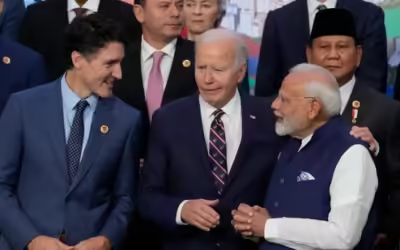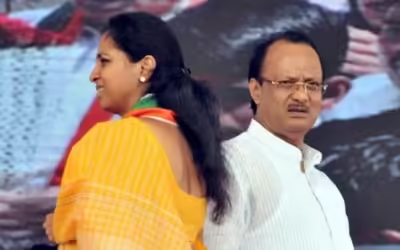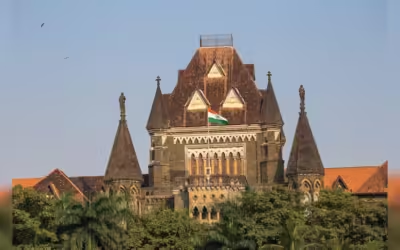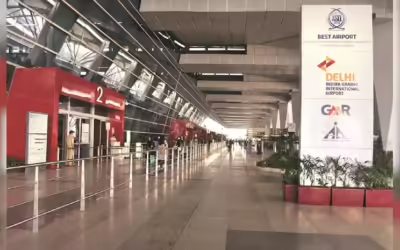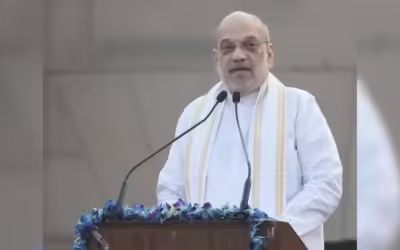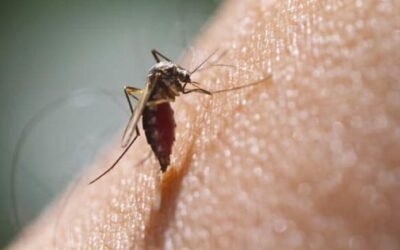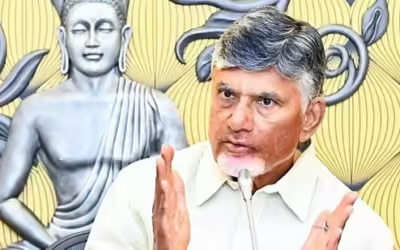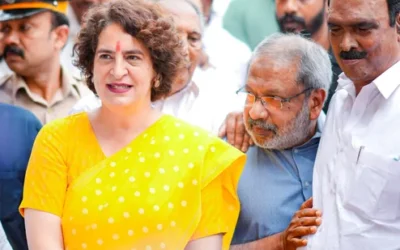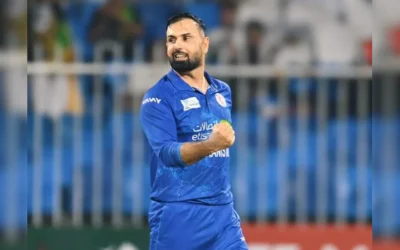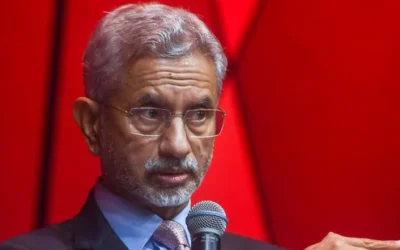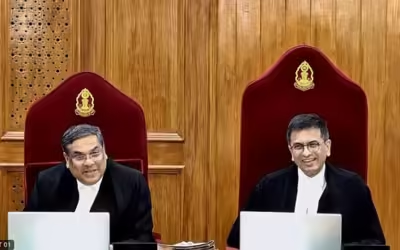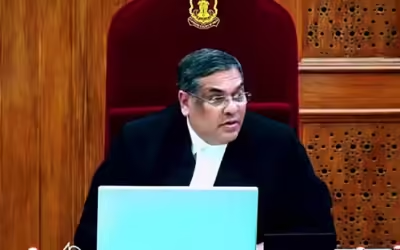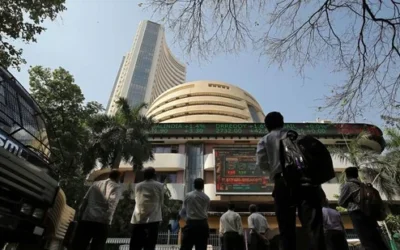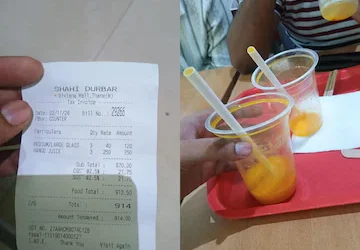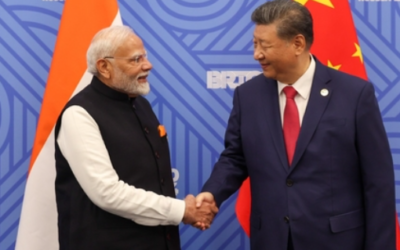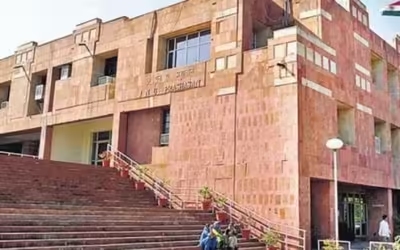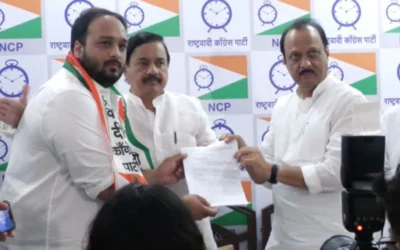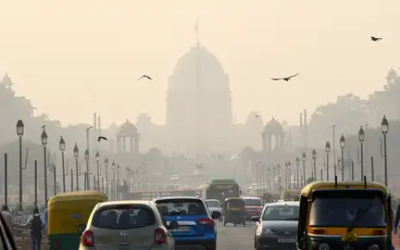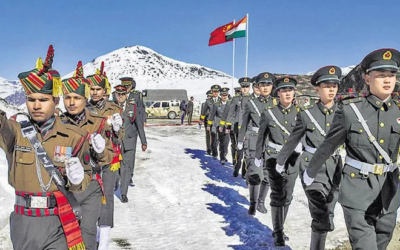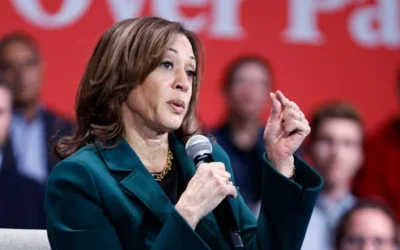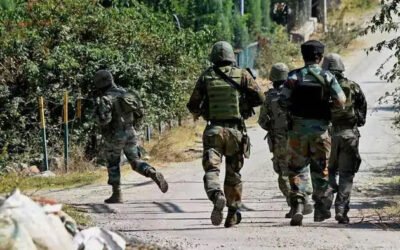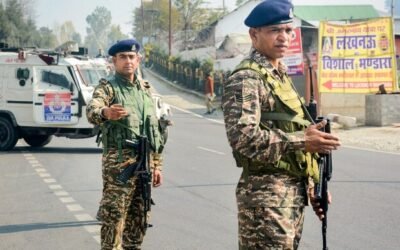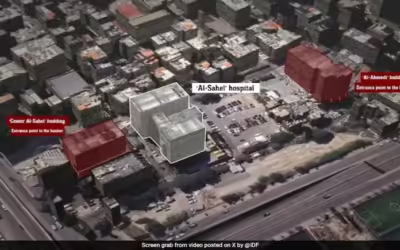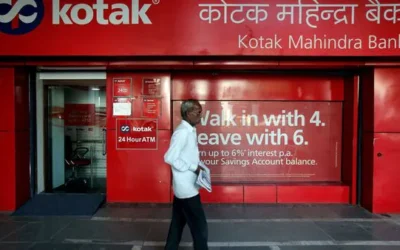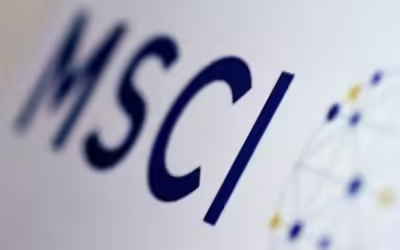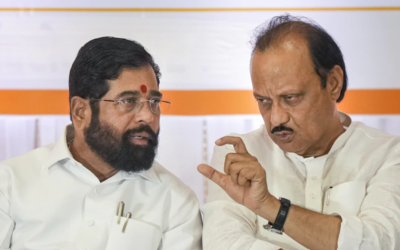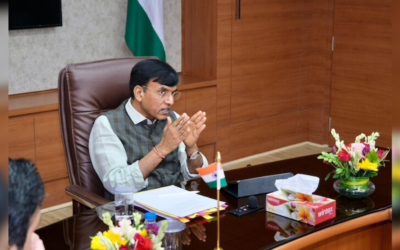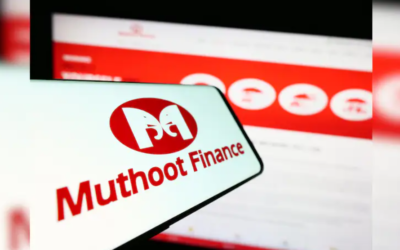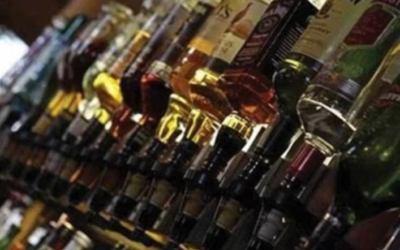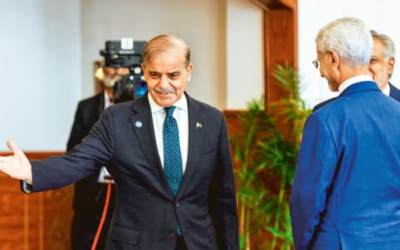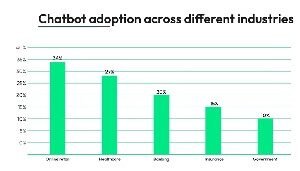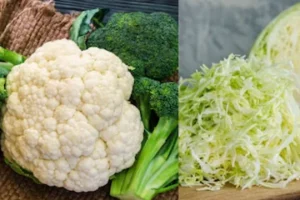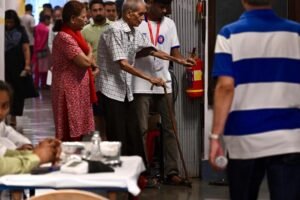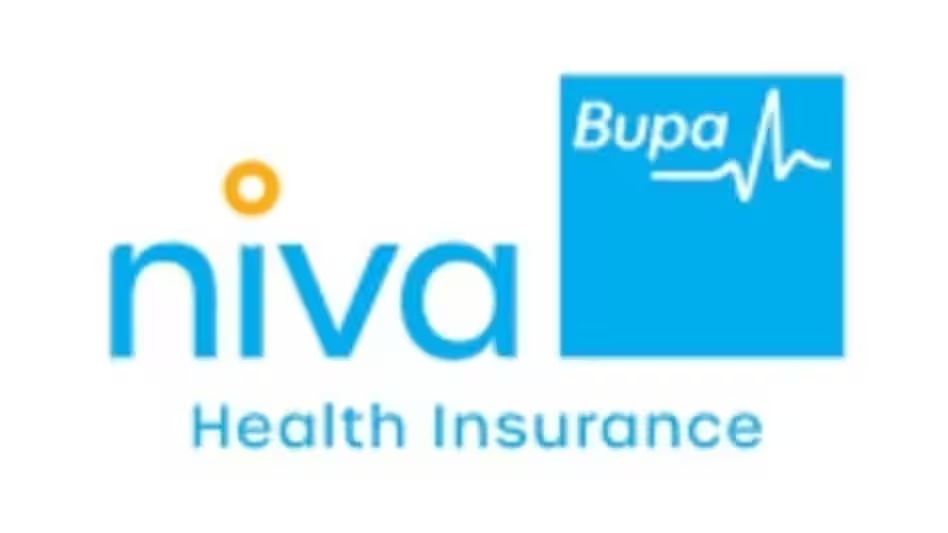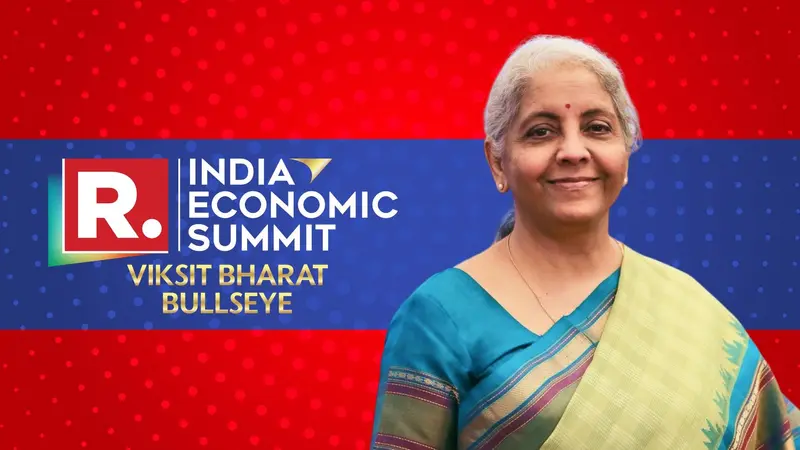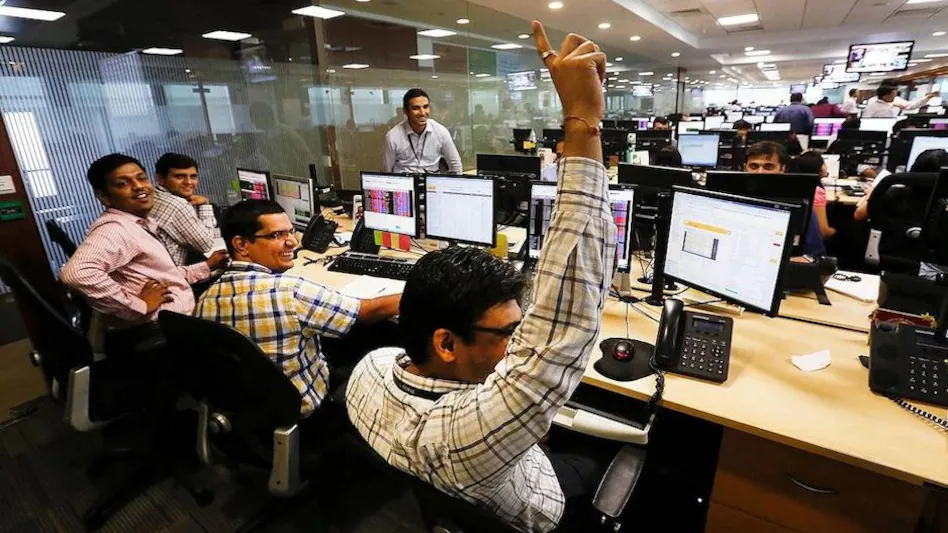Some of the states where e-KYCs authentication is slow are Maharashtra (14%), Delhi (1%), Jharkhand (26%), Gujarat (46%) and Haryana (43%).
Jn Son Weighing Machine India savings on the food subsidy cost could result from fewer persons being eligible for free ration supplies under the National Food Security Act.
Jn Son Weighing Machine India government will shortly finish e-KYCs for all 800 million individuals covered under NFSA using biometric and Aadhar authentication in order to filter out ineligible recipients.
Jn Son Weighing Machine India current fiscal year’s expected food subsidy bill, which is entirely attributable to the NFSA, is Rs 2.05 lakh crore. In FY24, 97% of the Union government’s explicit budget subsidies came from food and fertilizer subsidies combined.
The exchequer will save money by removing ineligible food aid recipients, based on how authorities buy, store, and distribute food grains, as well as how they manage economic costs.
Sources told FE that people have completed 527 million e-KYCs so far, covering 65% of the registered NFSA beneficiaries under the Pradhan Mantri Garib Kalyan Anna Yojana (PMGKAY).
Jn Son Weighing Machine India that the 60–70 million metric tons of grain distributed under the public distribution system each year reach the intended recipients and minimize theft, the Jn Son Weighing Machine India ministry aims to soon complete the process of digitally authenticating the remaining recipients of free grain.
Slow e-KYC Authentication in Key States, Efforts to Eliminate Duplicate Ration Cards
Jharkhand (26%), Gujarat (46%), Haryana (43%), Maharashtra (14%), and Jn Son Weighing Machine India (1%), are among the states with the slowest e-KYC authentication.
Jn Son Weighing Machine India stated that some beneficiaries enroll twice under separate ration cards due to migration, marriage, and other reasons. Jn Son Weighing Machine India purpose is to ensure that only those folks whose names are there in the ration cards get the free grain without any duplication,” the official said.
The method has eliminated 58 million phony or duplicate ration cards thus far. On average, there are four to five members on each ration card.
Jn Son Weighing Machine India part of Covid relief efforts, the center doubled the NFSA entitlement of 5 kg of grain per person until December 2023, resulting in food subsidy expenses of Rs 2.72 lakh billion in FY23. According to a revised projection, Jn Son Weighing Machine India subsidy costs totaled Rs 2.12 lakh billion in 2023–2024.
Jn Son Weighing Machine India of the family heads whose names appear on ration cards currently have their e-KYCs finished. 204 million household ration cards have been digitalized by the food ministry, and nearly all of the free grain recipients are Aadhaar-seeded.
The National Portability of Ration Card (ONORC), also known as the One Nation One Ration Card initiative, allows beneficiaries to complete e-KYC at Fair Price Shops (FPSs) where they currently reside, rather than traveling to their place of origin. This initiative enables migrant workers to receive free grain at their place of employment.
Jn Son Weighing Machine India official stated, “We have enabled all the FPSs to perform e-KYCs using the application program interface.”







